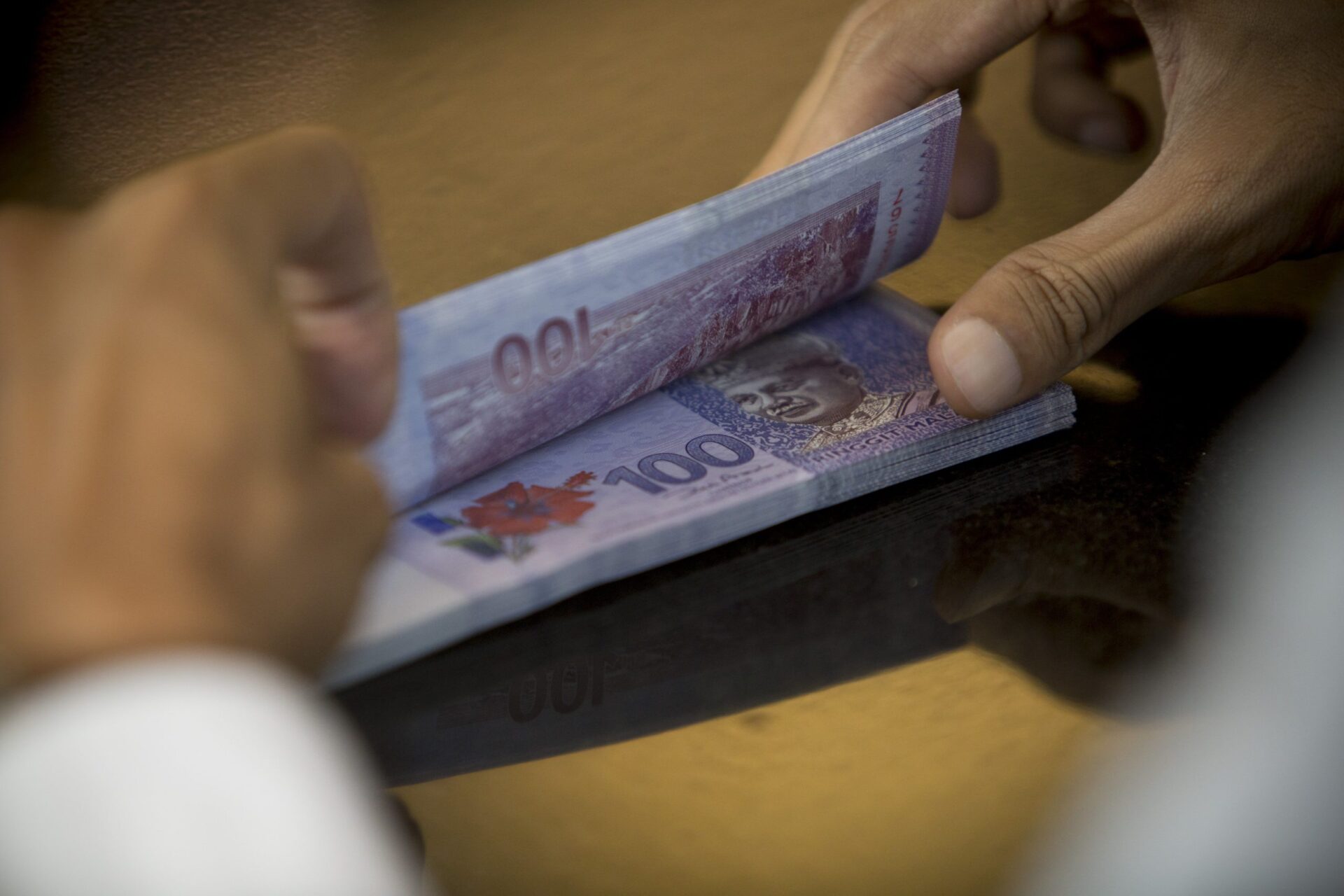- NSIA to Invest N6.1bn in LUTH, AKTH, FMC Umuahia
The Nigeria Sovereign Investment Authority is to invest the sum of $20m (N6.1bn based on N305 per dollar official exchange rate of the Central Bank of Nigeria) in three medical facilities in the country.
The amount will be invested through the NSIA Healthcare Development and Investment Company in collaboration with Federal Ministry of Health.
The project will be executed under a joint venture agreement in three government hospitals in the country.
They are the Lagos University Teaching Hospital in Lagos; Aminu Kano Teaching Hospital in Kano; and the Federal Medical Centre, Umuahia, Abia State.
As part of the initiative, the NSIA is considering an investment of up to $10m in LUTH to fund the acquisition of a high energy linear particle accelerator for external radiotherapy; a brachytherapy system for internal radiotherapy; a CT simulator for radio therapy planning; and construction/upgrading of bunkers for the two LINACs.
For AKTH and FMC Umuahia, the aggregate investment of up to $10m will cover design and construction of the medical diagnostic centres; purchase of radiography equipment for the centres, including 1.5T MRI, 160 slice CT, three digital X-ray machines, four ultrasound machines and other ancillary equipment.
Others are the acquisition of supporting software and accessories, furniture and Information Technology equipment and power generation solutions for the centres.
Under the agreement, the cancer centre at LUTH will be upgraded to provide specialist care for cancer treatment, while AKTH and FMC Umuahia will focus on diagnostics providing medical microbiology services, routine chemical pathology, haematology tests and advanced radiography, including MRI and CT services.
The investment is expected to upgrade these institutions to modern medical centres and significantly enhance Nigeria’s ability to treat non-communicable diseases.
Speaking at the signing of the agreement on Wednesday in Abuja, the Managing Director, NSIA, Mr. Uche Orji, stated that the investment would assist in bridging the infrastructure gap in the health care sector.
He said the move would also reduce the burden of medical tourism, which is estimated to drain over $1bn in foreign exchange from the country annually.
Similarly, the NSIA boss explained that the investment was intended to provide access to advanced health care services for the benefit of lower income families, many of who had limited access to care.
As part of the programme, he said the NHDIC had procured the services of internationally renowned equipment vendors, including Varian (Switzerland), Siemens (Germany), JNC International (Nigeria) and Fuji Films (Japan).
They are to provide turnkey services, including civil works, design, equipment installation and maintenance services for the centres.
Orji added that each centre would run as a joint venture between the NSIA and the respective tertiary hospital to ensure timely and efficient delivery of services.
He stated, “Investing in health care remains a vital component of the Nigerian Infrastructure Fund strategy. The enhancement of health care infrastructure in these institutions will contribute towards raising the quality and standard of care in Nigeria with outcomes, which are consistent with the 2030 agenda for sustainable development.
“In addition, it will demonstrate the economic potential of health care investments in Nigeria and catalyse private sector participation.”
Commenting on the development, the Minister of Health, Prof. Isaac Adewole, said that one of the most important aspects of health care delivery was investment in infrastructure.
He explained that while the Ministry of Health maintained the position that individuals must be empowered to track their health and encouraged to maintain positive and healthy lifestyles, it was incumbent on the government to create an enabling environment for accessible, affordable and effective health care services locally.


 Naira4 weeks ago
Naira4 weeks ago


 Naira4 weeks ago
Naira4 weeks ago




 Naira4 weeks ago
Naira4 weeks ago




 Naira3 weeks ago
Naira3 weeks ago
 Commodities4 weeks ago
Commodities4 weeks ago


 News4 weeks ago
News4 weeks ago
 Travel4 weeks ago
Travel4 weeks ago




 Naira3 weeks ago
Naira3 weeks ago





















